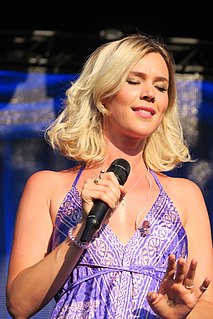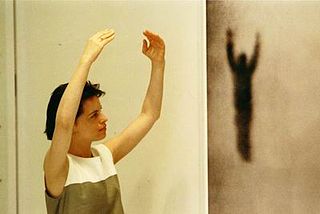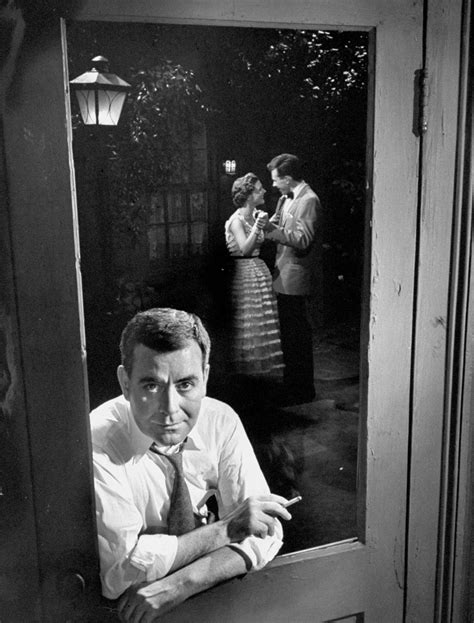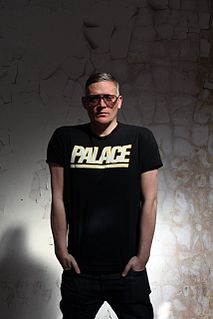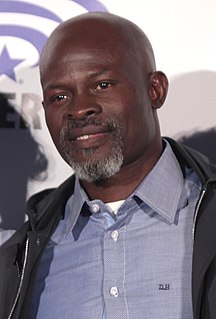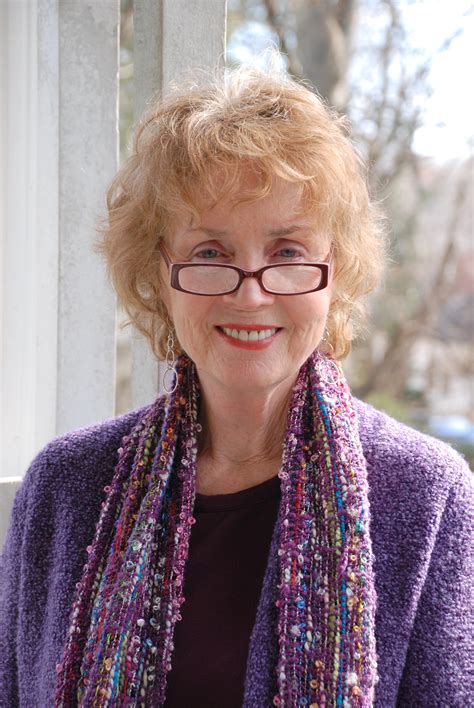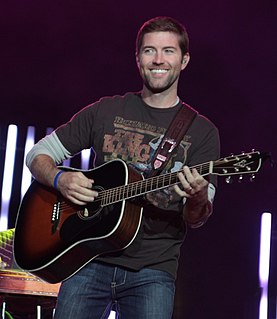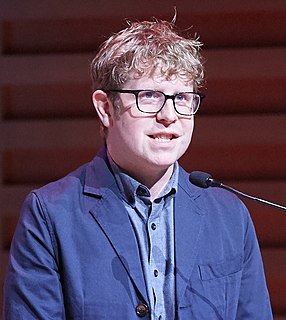A Quote by Umberto Eco
It is clear that when you write a story that takes place in the past, you try to show what really happened in those times. But you are always moved by the suspicion that you are also showing something about our contemporary world.
Related Quotes
I always try to write about something that's actually happened or it doesn't always have to have happened to me, but it has to have happened at some point. So every single lyric that you hear comes from some kind of story that I've come across in my life. I like to think that that maybe helps me mean it a bit more and if you don't mean it, it ceases to be soul music.
I think Grace [Dunham] and I are always working from a personal place, and the fact that these were issues that we'd been talking about in our own families really clicked, but also Jason's [Benjamin] passion about it and his clear sense that this was going to be something emotional and remarkable to watch. It was very hard not get excited about it and want to help in any way we could.
I really do think Trump's election comes down to respect. It comes down to being gracious. It comes down to really showing compassion for the problems of the black and Latino communities. And I really hope that Donald Trump takes the ball that's in his court and tries to go after those voters, tries to show some compassion, and really offers them something substantive to get excited about Republican and conservative policy.
I think as the world changes, we have to keep up. We have to note what is happening, and I think writing has always had a powerful corrective influence and possibility. We have to write about what's good, and we also have to write about parts of our culture that are not good, that are not working out. I think it takes a new eye.
So you want another story?" Uhh... no. We would like to know what really happened." Doesn't the telling of something always become a story?" Uhh... perhaps in English. In Japanese a story would have an element of invention in it. We don't want any invention. We want the 'straight facts,' as you say in English." Isn't telling about something--using words, English or Japanese--already something of an invention? Isn't just looking upon this world already something of an invention?

